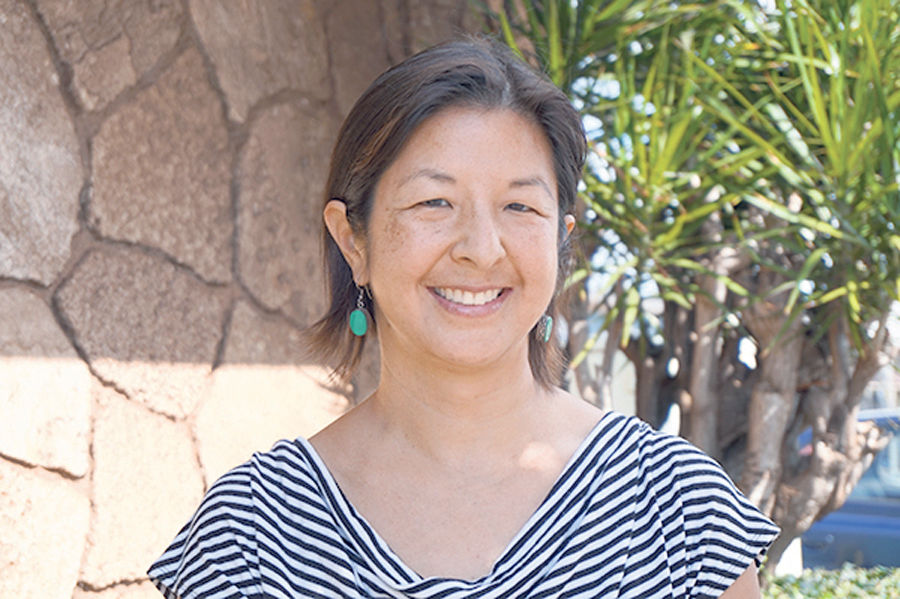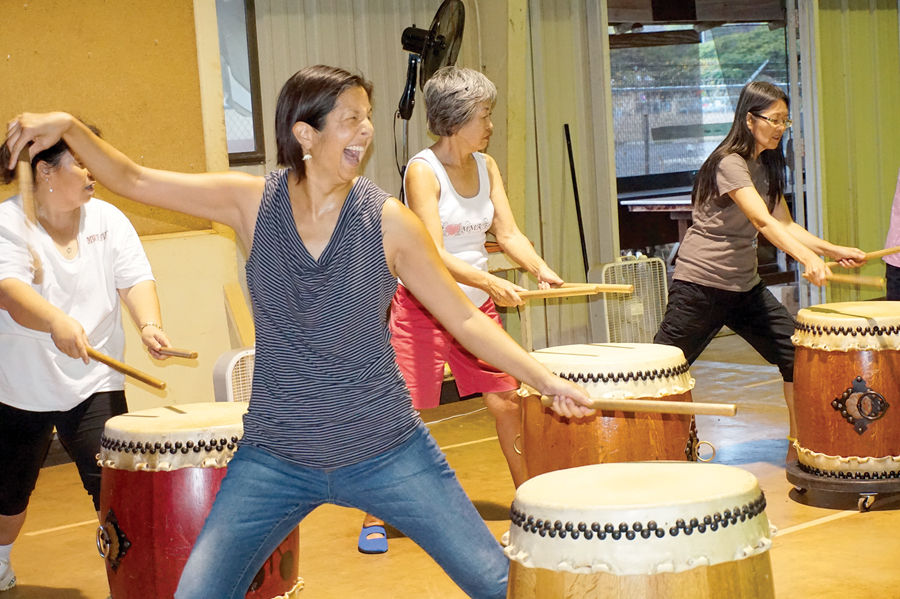LIHUE — Cynthia Chiang never viewed herself as a hero, but after she chose to donate one of her kidneys, she couldn’t help but feel as strong as one. “I’m a big believer in sharing the wealth, and in this
LIHUE — Cynthia Chiang never viewed herself as a hero, but after she chose to donate one of her kidneys, she couldn’t help but feel as strong as one.
“I’m a big believer in sharing the wealth, and in this case, sharing good health,” the Omao resident said. “Kauai’s been incredible to me, I feel very blessed and I wanted to give back to my community, give back to my state.”
Chiang’s journey began when she sat down to breakfast with a friend, who told Chiang he was on dialysis to improve the function of his kidneys. After hearing his story, Chiang said she would donate one of her own, but they learned she couldn’t because they weren’t the same blood type.
Although Chiang couldn’t help her friend, she wanted to aid others.
She contacted Queen’s Transplant Center at Queen’s Medical Center on Oahu and met with specialists, who provided her with screenings and paperwork that would allow her to donate her organ.
After multiple meetings with the transplant team, a dietitian, a social worker, a psychologist and many others on Oahu, Chiang learned she was the perfect candidate to become a donor.
She was then given one year to decided whether to go forth with the transplant and take part in the surgery.
“I was happy to be able to take advantage of the opportunity,” Chiang said. “One of the reasons I donated it was because it helped me take care of my body, helped me not to take it for granted.”
Critical for a person’s survival, kidneys are two half-pound organs in the mid-torso area on each side of the body underneath the diaphragm. They filter wastes and toxins from blood, according the National Kidney Foundation. The kidneys are also responsible for releasing a hormone that regulates blood pressure and they balance blood minerals such as sodium, phosphorus and potassium.
Although most individuals are born with two kidneys, it’s possible to live without one as the second kidney will increase in size and take on the job of its partner to filter more of the blood in the body, according to the NKF. Such a transition neither puts the other kidney in danger nor does it cause harm to the patient.
Chiang was unable to meet the man to whom she donated her kidney, but she hopes the best for him and his loved ones.
“People die waiting for a kidney and if they do get a kidney, it’s usually from a cadaver and those don’t last as well as a living kidney donor,” Chiang said. “I hope for the person that their quality of life improves for himself and his family and that I’ve improved his life in some way.”
It’s been six months since Chiang donated her kidney on Sept. 8. She has no regrets. Although she could walk after the surgery and was discharged from the hospital two days after the operation, the 42-year-old was told not to lift anything more than 10 pounds for six weeks.
“The pain subsided after six weeks,” she said. “You deal with a little more fatigue in the beginning but it’s not something you put your life on hold.”
The donor recovered by attempting to walk normally, as her doctors told her to do, allowing the body to heal itself.
“I think probably the week after I donated it, I felt kind of like a superhero, you know, ‘I can do anything. Any challenges that are ahead of me, I can always think back to this and hopefully it’ll be a source of strength,’” Chiang said. “I feel fine. There’s no difference in terms of my physical health before and right after the surgery.”
As of this year, Queen’s Medical Center has 425 candidates on the kidney transplant wait list and 300 new referrals. The medical center had 10 living donors as of 2014.
If a person wishes to donate a kidney, he or she must first meet the criteria for a donation such as having healthy kidney function and anatomy, according the NKF.
In addition to a physical exam, donors are required to go through a psychological evaluation to determine if they are mentally ready to handle the procedure. Although some donors chose to donate to a person they don’t know, it seems rare, said general surgeon, Dr. Robert Weiner.
“It sounds like an unusual event for a person to donate their kidney to an unknown person,” said Weiner, who works for Kauai Hospice.
Chiang, who is a Kauai health educator for Planned Parenthood of Hawaii and a field interviewer for the U.S Department of Health and Human Services, said she would gladly donate another organ.
She said she wanted to raise awareness of the need for living kidney donors and to reassure friends and family and dialysis patients that “this is a viable option at minimal risk of your own quality of life in addition to encouraging people to share the notion of sharing the wealth and sharing one’s own health.”
Chiang, a member of the Kauai taiko groups Taiko Kauai and Joyful Noise, also wanted to raise awareness about March being National Kidney Month.
“I get a thrill out of being in a situation where I can do a good deed,” Chiang said. “That’s what makes me happiest, is to know that I can help somebody else. That to me is aloha.”



